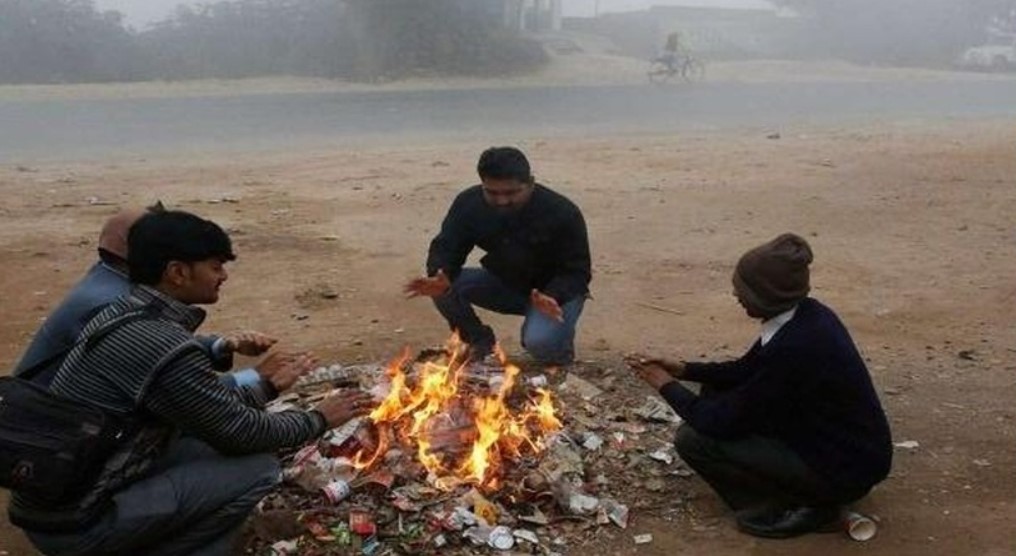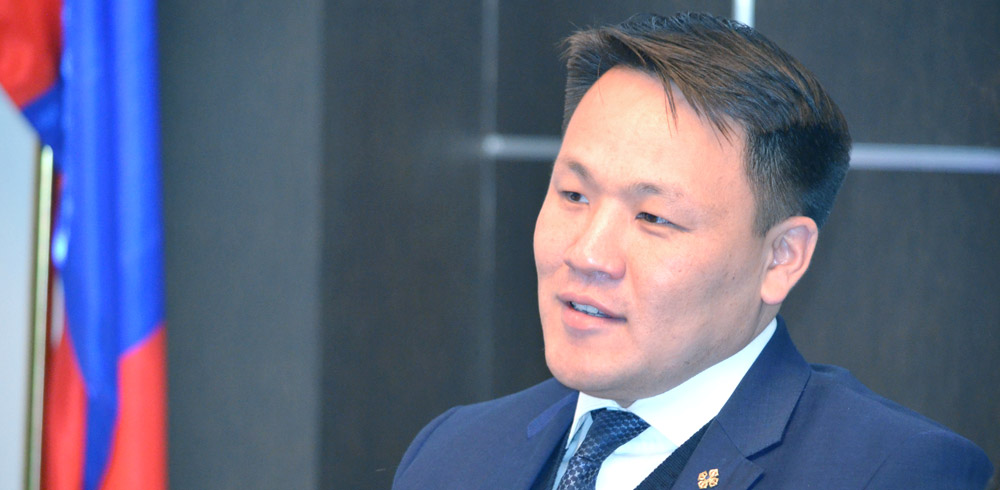The Japanese broadcaster NHK reported that there had been demonstrations and strikes since the parliamentary debates began in mid-April. In addition, the “Solidarity Network for Migrants” submitted a petition with 106 800 signatures calling for the draft law to be abolished. Parliament may pass it on Friday.
One of the new measures provides that authorities are given the opportunity to deport asylum seekers if their refugee status is denied three or more times. They would then be returned from the island nation to their home countries. However, according to the United Nations, this is illegal as international law prohibits deporting asylum seekers to a country where they are likely to face persecution.
Compared to Germany, Japan accepts very few refugees. In the past few years, around one percent of the applications were accepted. In 2020, 47 people were granted refugee status. At the turn of the year, around 83 000 people are said to have been illegally in the country.
In Germany for example, more than 122 000 immigrants applied for asylum in the 2020 reporting year, that is from January to December. Of these, 43 percent were accepted. However, many rejected asylum seekers are also granted tolerance status.
Sweden has been the most welcoming European country with more than 160 000 “refugees”. For Migration Minister Morgan Johansson, Sweden must now return to standards which are those of “most other EU countries” as the current leftist coalition faces stiff opposition ahead of next year’s elections.











